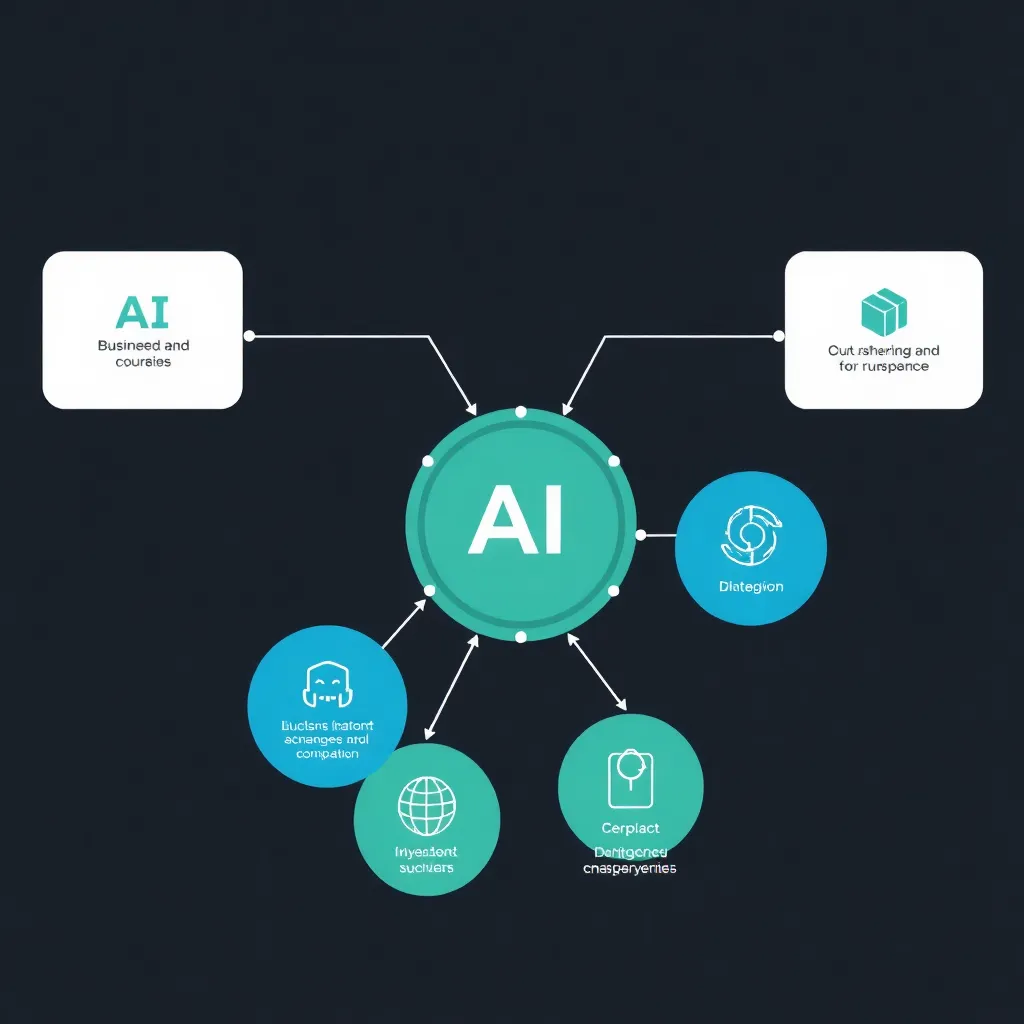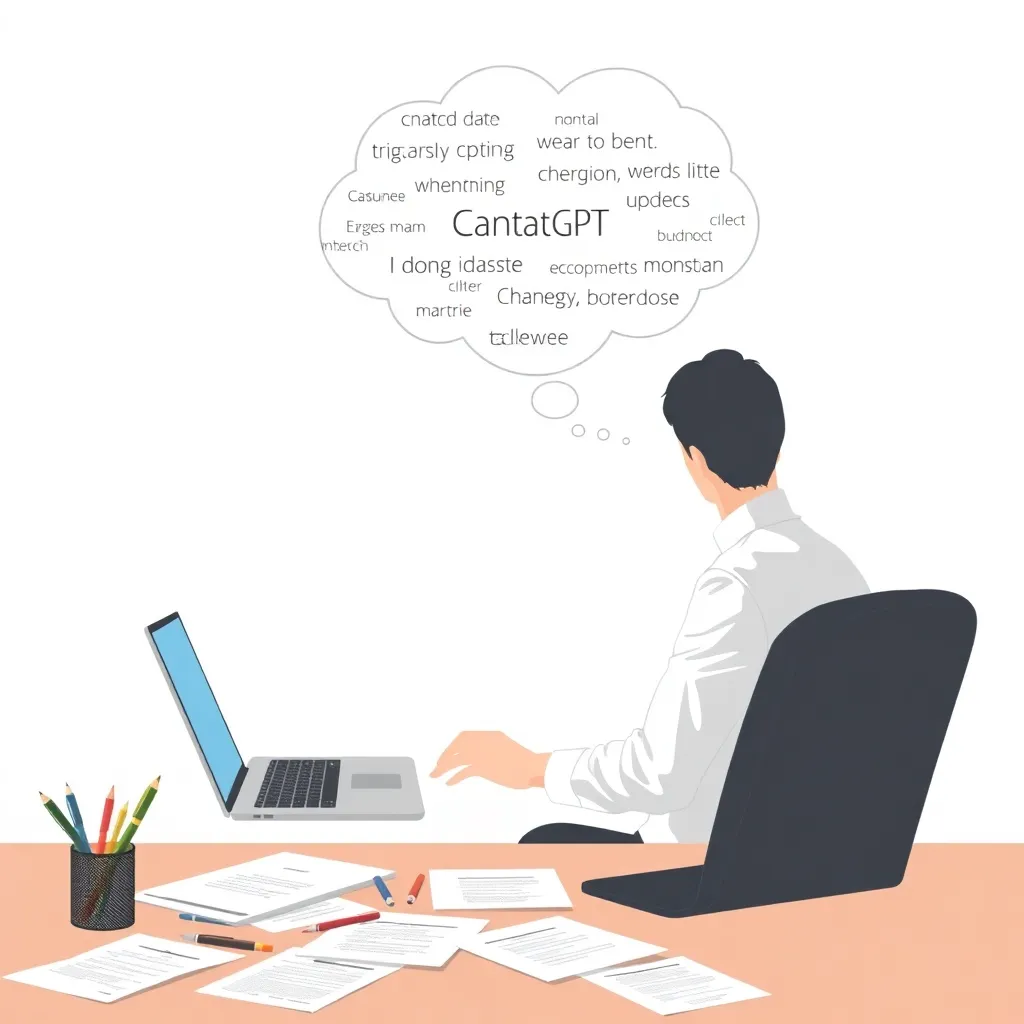The rapid advancement of artificial intelligence has transformed the way businesses operate and individuals work. The emergence of powerful language models like ChatGPT has unlocked new avenues for generating revenue, and entrepreneurs are taking notice. By leveraging the capabilities of AI, companies can automate tasks, streamline processes, and create innovative products and services that cater to evolving customer needs.
One of the most significant advantages of AI is its ability to process and analyze vast amounts of data quickly and accurately. This enables businesses to gain valuable insights, identify trends, and make data-driven decisions. Moreover, AI-powered tools like ChatGPT can assist in content creation, customer service, and marketing, freeing up human resources to focus on high-value tasks. As a result, businesses can increase productivity, reduce costs, and improve overall efficiency.
Individuals can also capitalize on the AI revolution by developing skills that complement AI capabilities. For instance, professionals with expertise in AI training, deployment, and maintenance are in high demand. Additionally, creatives can use AI tools to generate ideas, develop content, and enhance their workflow. According to a report by PwC, AI could contribute up to $15.7 trillion to the global economy by 2030, making it an attractive space for entrepreneurs and innovators.
Content Generation: The Low-Hanging Fruit
Content generation is a lucrative opportunity for businesses and individuals seeking to establish themselves as thought leaders in their respective industries. By leveraging ChatGPT’s ability to produce high-quality, engaging content at scale, they can create a steady stream of articles, blog posts, social media updates, and more. This can help them build a strong online presence, drive traffic to their websites, and ultimately, increase their revenue.
Moreover, ChatGPT’s content generation capabilities can be particularly beneficial for businesses with limited resources or those struggling to keep up with the demands of content creation. With ChatGPT, they can produce high-quality content quickly and efficiently, without having to invest in a large team of writers or content creators. This can help level the playing field and give them a competitive edge in their industry.
According to a report by HubSpot, businesses that prioritize blogging see 55% more website traffic and 67% more leads than those that don’t. By using ChatGPT to generate high-quality content, businesses can tap into this potential and drive more traffic and leads to their websites. Additionally, ChatGPT’s ability to produce content at scale can help businesses maintain a consistent tone and voice across all their marketing channels, further reinforcing their brand identity.

Virtual Assistants: The Future of Customer Service
The integration of ChatGPT into virtual assistants can revolutionize the way businesses provide customer support. By offering 24/7 assistance, companies can ensure that their customers receive timely and efficient support, leading to increased customer satisfaction and loyalty. This, in turn, can lead to improved brand reputation and ultimately, increased revenue.
Moreover, ChatGPT-powered virtual assistants can help businesses reduce their operational costs significantly. By automating routine customer support tasks, companies can allocate their human resources to more complex and high-value tasks, leading to increased productivity and efficiency. According to a study by Gartner, chatbots can reduce operational costs by up to 30%.
The ability of ChatGPT to understand and respond to natural language inputs makes it an ideal solution for businesses looking to provide personalized customer support. By integrating ChatGPT into chatbots, messaging platforms, and other digital channels, companies can offer customers a seamless and intuitive support experience. This can lead to increased customer engagement and loyalty, ultimately driving business growth.
Affiliate Marketing: Leveraging ChatGPT’s Persuasive Powers
ChatGPT’s capacity to craft compelling and persuasive content has made it an attractive asset for affiliate marketers. With its ability to generate high-quality product reviews, comparisons, and recommendations, affiliate marketers can leverage ChatGPT to drive sales and ultimately earn commissions. This is particularly useful for affiliate marketers who struggle to create engaging content or need to scale their content production.
Moreover, ChatGPT’s generated content can be optimized for search engines, increasing the visibility of affiliate marketers’ websites and driving organic traffic. According to Search Engine Journal, search engine optimization (SEO) is crucial for online businesses, and ChatGPT can help affiliate marketers improve their SEO efforts. By incorporating ChatGPT into their content creation strategy, affiliate marketers can focus on other aspects of their business, such as building relationships with brands and promoting products.
It’s worth noting that while ChatGPT is a powerful tool, it’s essential for affiliate marketers to review and edit the generated content to ensure it meets their brand’s tone and style. Additionally, affiliate marketers should comply with the Federal Trade Commission (FTC) guidelines on affiliate marketing, which require transparency and disclosure of sponsored content. By using ChatGPT responsibly and ethically, affiliate marketers can reap the benefits of this technology while maintaining their credibility and trust with their audience.

Online Courses: Teaching the World with ChatGPT
The potential of ChatGPT in creating high-quality online courses is vast, as it can generate comprehensive and engaging content on a wide range of subjects. From language and literature to science and technology, ChatGPT can help educators develop course materials that cater to diverse learning needs and styles. According to a report by the National Center for Education Statistics, online learning has become increasingly popular, with over 30% of higher education students taking at least one online course. By leveraging ChatGPT’s capabilities, educators can create online courses that are both informative and interactive.
One of the significant advantages of using ChatGPT in online course creation is its ability to respond to student queries in real-time. This feature enables educators to provide personalized support and feedback to students, which is essential for effective learning outcomes. A study by the National Academy of Sciences found that personalized learning approaches can lead to significant improvements in student achievement and engagement. By integrating ChatGPT into online courses, educators can create a more supportive and responsive learning environment.
Moreover, ChatGPT can help educators to update their course materials regularly, ensuring that students have access to the latest information and research in their field of study. This is particularly important in fields like science and technology, where new discoveries and advancements are constantly being made. By using ChatGPT to generate content and respond to student queries, educators can focus on other critical aspects of teaching, such as providing guidance and mentorship.
Conclusion: The Future of Monetizing AI
One of the most promising areas for monetization is in the realm of virtual assistance. With AI-powered chatbots like ChatGPT, businesses can automate customer service, freeing up human resources for more complex and high-value tasks. According to a report by Gartner, by 2022, 70% of white-collar workers will interact with chatbots on a daily basis, making this a lucrative opportunity for businesses to capitalize on.
Another area ripe for monetization is in the field of data analysis. AI algorithms can process vast amounts of data quickly and accurately, providing valuable insights that can inform business decisions. With the global big data market projected to reach $103 billion by 2027, according to MarketsandMarkets, businesses that can harness the power of AI for data analysis will be well-positioned for success.
In addition to these areas, AI also holds promise for monetization in fields such as content creation, language translation, and predictive maintenance. As the technology continues to evolve, we can expect to see even more innovative applications emerge. Whether you’re a business owner looking to stay ahead of the curve or an entrepreneur seeking to capitalize on the next big thing, the time to start exploring the possibilities of AI monetization is now.

